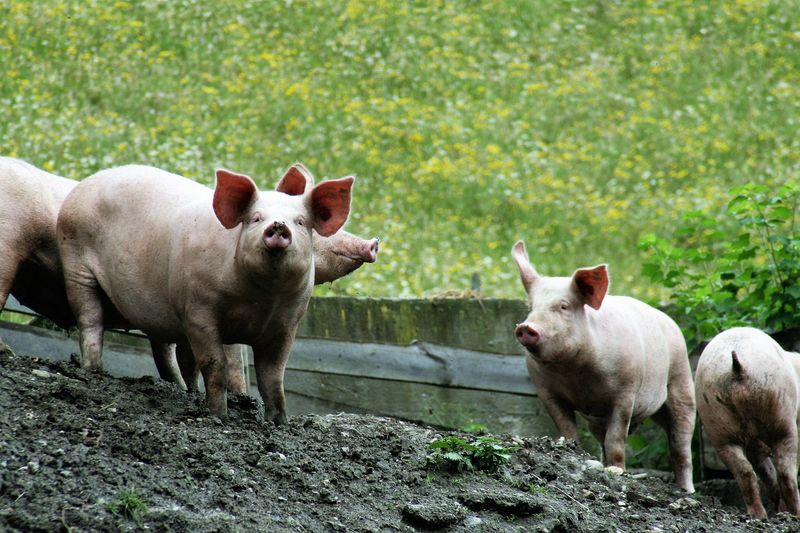
ASF Update: Heavy Losses in Estonia, Ongoing Risks in Germany and Asia
African swine fever (ASF) is forcing mass culling in Estonia, spreading rapidly in Vietnam, and continuing to pressure German producers despite declining case numbers.
Estonia: 25,000 pigs culled, exports under threat
Estonia has been hit hard in 2025, with 10% of the national herd (25,000 pigs) culled due to ASF outbreaks. The Ministry of Agriculture has already invested over €3 million in response measures, but the situation remains unstable.
The country’s largest producer, Ekseko (50,000 pigs), is under strict lockdown, with a full one-month site access ban to protect stock. With Estonia exporting around €22 million worth of pork annually, international buyers are already questioning supply reliability.
Vietnam: Vaccine available, but uptake remains low
Vietnam, one of Asia’s largest pork producers, is experiencing 972 outbreaks this year alone, with infected pig numbers climbing above 100,000.
The country is notable for being the first to roll out a commercial ASF vaccine, but adoption is lagging. Producers cite concerns over cost, availability, and mixed field results. Experts stress that vaccination should be seen as supporting biosecurity, not replacing it. For large farms, investment in controlled entry, feed hygiene, and herd monitoring remains essential.
Germany: Regional differences, but risk persists
Germany shows that ASF pressure can be reduced with strict measures. Overall outbreaks are declining, but Hesse remains the epicenter, with more than 2,200 wild boar cases and multiple domestic herd infections.
Protective fencing, restricted zones, and intensive carcass searches are in place. In North Rhine-Westphalia, wild boar feeding and containment fences are being used to prevent further spread. Farmers within restricted areas face movement bans, extra inspections, and trade limitations, which continue to weigh heavily on local production.
Implications for the meat industry
Supply chain pressure: With Estonia culling 10% of its herd and Vietnam reporting triple-digit increases in losses, international pork supply faces renewed instability.
Trade restrictions: Even single cases can trigger export bans and disrupt contracts. Buyers may increasingly look to ASF-free suppliers.
Biosecurity costs: From fencing to feed control, investments are rising. Producers without robust measures risk exclusion from key markets.
Vaccine outlook: Vietnam’s experience shows that vaccination is not a quick fix. The industry should continue prioritizing early detection, traceability, and biosecurity while monitoring vaccine development.
Outlook
ASF remains one of the most serious threats to global pig production. While Germany shows progress in containment, Estonia’s sudden losses and Vietnam’s surge remind us how fast the virus can destabilize herds and markets.
For meat professionals, the path forward is clear: double down on biosecurity, monitor regional outbreaks closely, and prepare for continued volatility in pork supply and pricing.
Sources:
